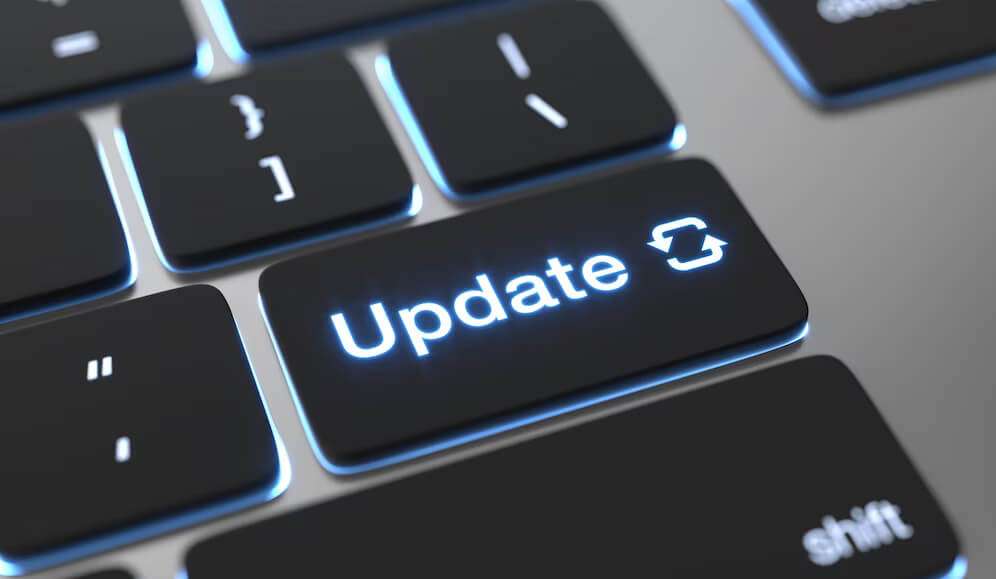There are several signs that indicate that you need regular website maintenance. Here are some common indicators:
1. Outdated Design:
If your website looks outdated compared to your competitors or appears visually unappealing, it’s time for a refresh. Users expect modern, clean designs that are easy to navigate and visually engaging.
2. Poor Mobile Responsiveness:
With the increasing use of mobile devices, it’s crucial that your website is optimized for mobile viewing. If your site is not mobile-friendly, it will provide a poor user experience and negatively impact your search engine rankings.
3. Slow Loading Speed:
Users have little patience for slow-loading websites. If your site takes too long to load, it can lead to high bounce rates and lower search engine rankings. Regularly check your website’s loading speed and opt for website maintenance as necessary.
4. Compatibility Issues:
If your website displays incorrectly or has functionality issues on different browsers or devices, it’s a sign that you need an update. Your site should work smoothly across multiple platforms to ensure a consistent user experience.
5. Low Conversion Rates:
If your website is not generating the desired conversions, such as sales, leads, or subscriptions, it may be time to reassess your design, content, and overall user flow. An updated website can help improve conversion rates by optimizing the user journey.
6. Outdated Content:
If your website’s content is no longer relevant, accurate, or engaging, it’s time to refresh it. Outdated content can harm your credibility and make users lose interest. Regularly review and update your content to provide value to your visitors.
7. Lack of Social Media Integration:
Social media integration is crucial for online visibility and engagement. If your website lacks social sharing buttons or does not connect to your social media profiles, you’re missing out on opportunities to expand your reach.
8. Security Vulnerabilities:
If your website is running on outdated software or lacks proper security measures, it can be vulnerable to cyberattacks. Regularly update your website’s software, plugins, and security protocols to protect user data and maintain trust.
9. Changing Business Goals:
If your website no longer aligns with your current business goals, branding, or target audience, it’s a clear sign that an update is needed. Your website should reflect your business’s evolution and effectively communicate your value proposition.
10. Feedback from Users:
Pay attention to feedback from your website visitors. If users frequently complain about usability issues, outdated information, or other problems, it’s essential to address these concerns and update your website accordingly.
Remember that updating your website is an ongoing process. Regularly monitoring its performance, staying up to date with design trends and industry standards, and listening to user feedback will help you identify when it’s time for an update.


